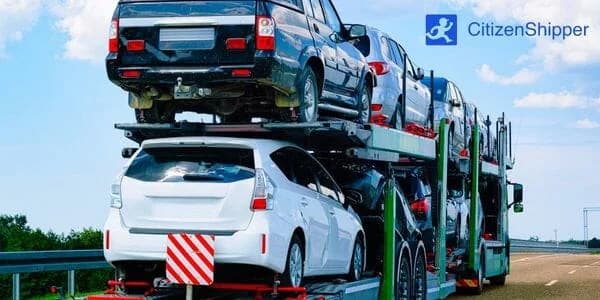Navigating Car Transport in Nashville, TN
When it comes to shipping your car in Tennessee, there's a world of factors to consider. Tennessee, with its diverse geography spanning from mountains to plains, ever-changing seasonal conditions, and unique urban challenges, presents a distinct set of circumstances. But don't worry! Here at CitizenShipper, we are committed to helping you navigate through it all. Whether you're moving into or out of Nashville or need to transport your car for any reason, our expert team is here to help.
Tennessee's Vehicle Transportation Laws & Regulations
In Tennessee, car transportation laws and regulations are in place to ensure the safety and preservation of all vehicles and public roadways. Auto transporters must adhere to the Federal Motor Carrier Safety Administration (FMCSA) regulations for safety. Compliance involves ensuring that all vehicles are properly secured during transport and maintaining necessary documents for every shipped vehicle.
All auto transporters operating in Tennessee must also possess an active MC Docket number, issued by the FMCSA. This number signifies that a transportation company is registered under the federal government, allowing them to legally operate across state lines. Additionally, Tennessee requires transporters to maintain proper insurance coverage and may have specific weight restrictions on certain highways and bridges.
Weather & Terrain Considerations in Nashville, TN
Weather patterns in Nashville, TN have a significant impact on car shipping. With a humid subtropical climate, Nashville experiences hot, humid summers with temperatures often exceeding 90°F and mild to cool winters. The city can experience all four seasons distinctly, with occasional ice storms in winter that might temporarily affect shipping schedules and spring bringing a risk of severe thunderstorms and tornadoes.
While Nashville itself is situated in the Nashville Basin with relatively flat terrain, the surrounding areas feature the Highland Rim and Cumberland Plateau, creating varied elevations and winding roads. These geographical variations can present shipping challenges, especially for larger vehicles or enclosed transport carriers. The city's growing traffic congestion, particularly around interstate junctions like I-40, I-24, and I-65, can also impact delivery timelines. It's beneficial to plan and account for possible delays, particularly during rush hours or if you're shipping to suburban or rural areas outside the city center.








